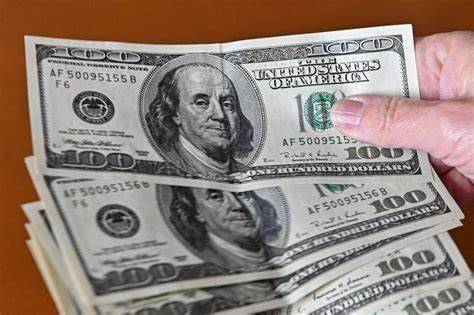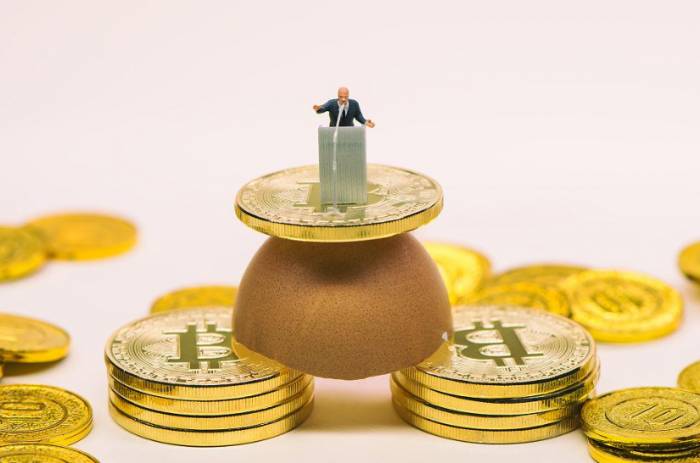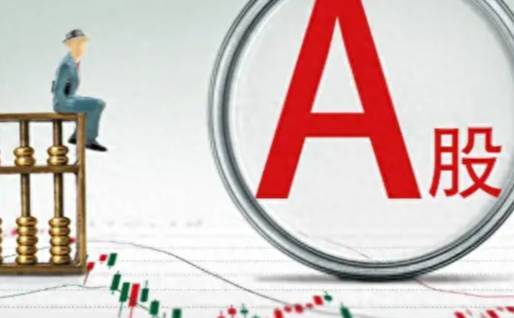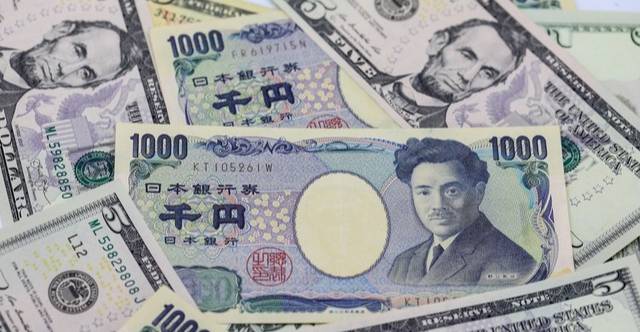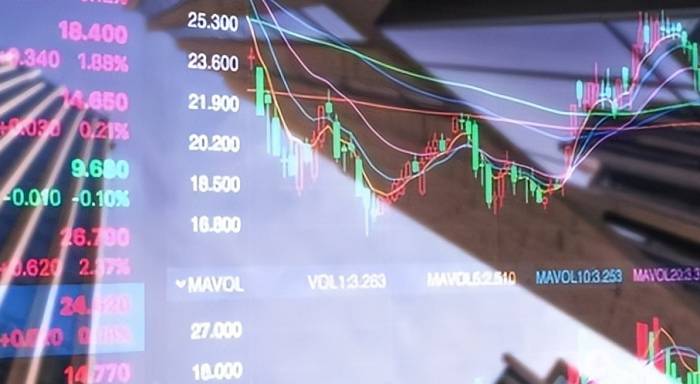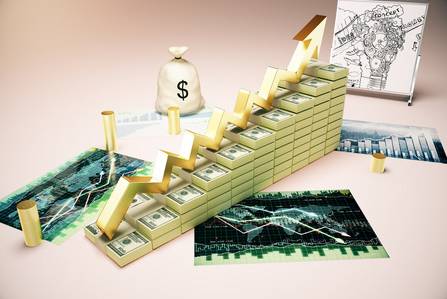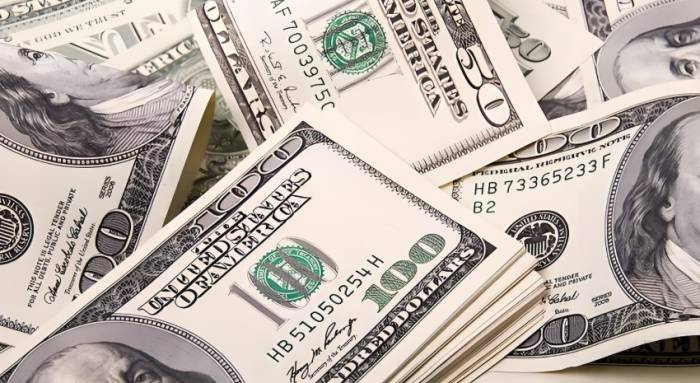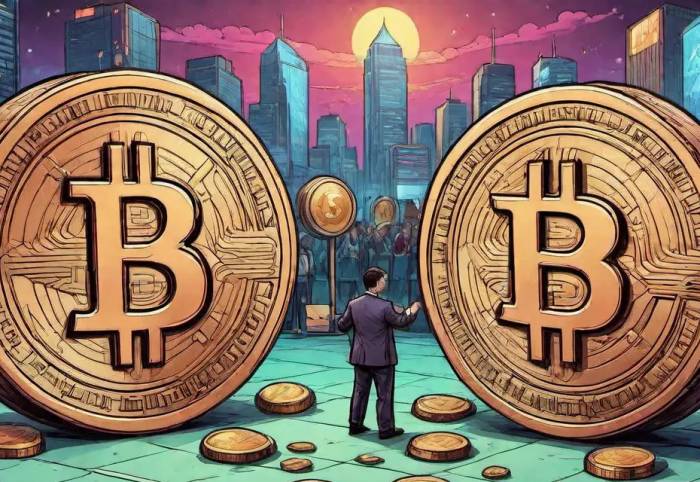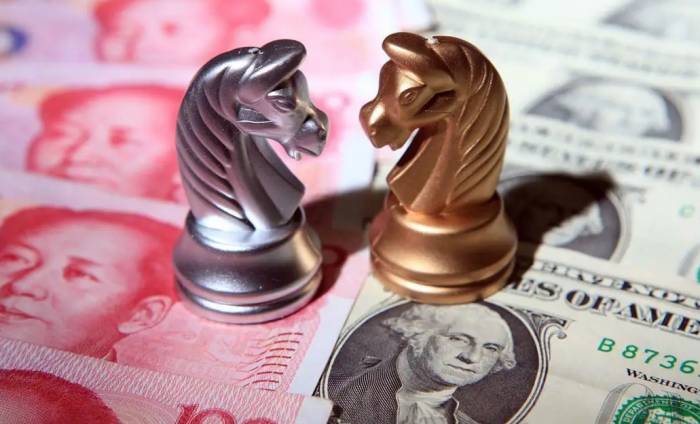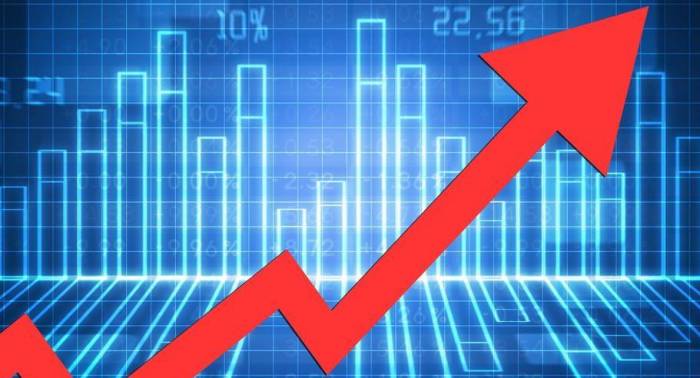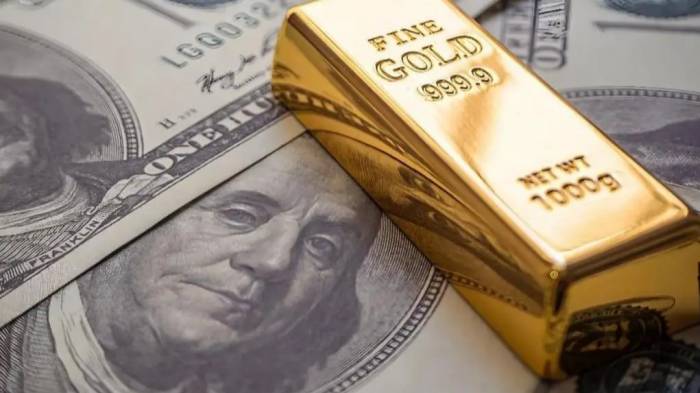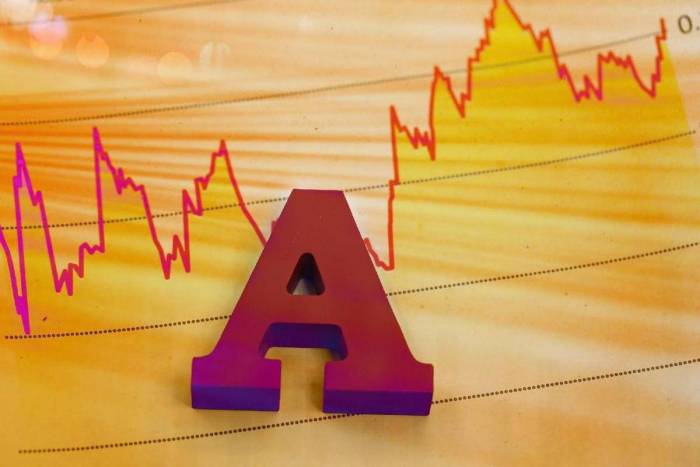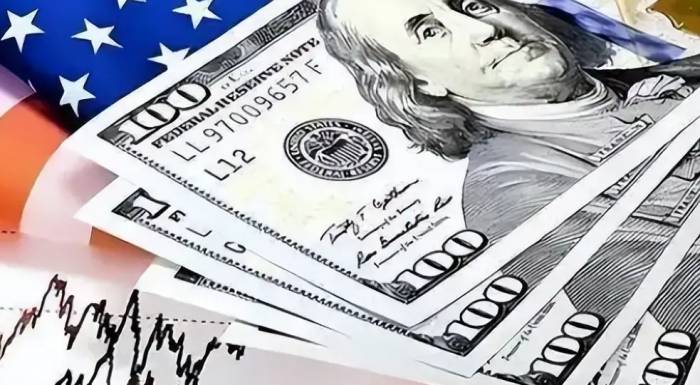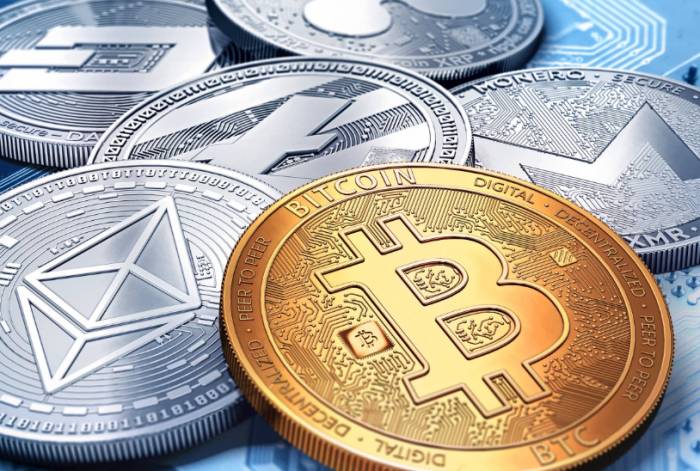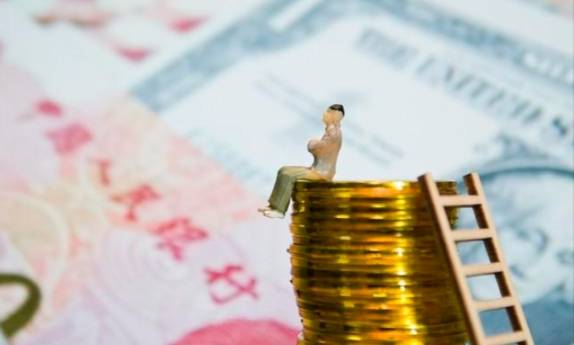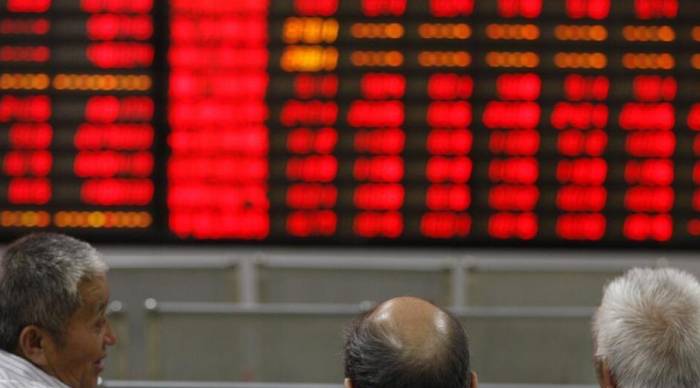In recent developments, Tesla, widely recognized for its sleek electric cars, has launched an initiative dubbed the "Broad Advancement Plan." This strategy comes in the wake of major corporate shakeups that have sent ripples through the electric vehicle (EV) sector.
On April 15, Elon Musk communicated through an internal memo that Tesla would reduce its workforce by 10%. This decision, affecting over 14,000 employees, signifies a pivotal shift in the company’s approach as it navigates increasing competition in the EV market. Employees arriving at work the following Monday were met with stark reminders of these changes, their colleagues’ desks vacated, shifting the workplace atmosphere significantly.
Shortly after this announcement and only 20 days after raising prices on its Model Y series by 5,000 yuan, Tesla surprised the market by introducing price cuts of up to 14,000 yuan across its entire lineup. This dual approach of layoffs coupled with price reductions tends to signal larger issues, particularly that Tesla's sales momentum has encountered substantial roadblocks.
The electric vehicle industry, once characterized by rapid growth and expansion, is now embroiled in a fierce price war as new competitors flood the market, pushing supply beyond demand. In the recently concluded quarter, Tesla delivered merely 387,000 vehicles globally, marking an 8.5% decline year-over-year and almost hitting the lower end of market expectations. This decline represents the first quarterly sales drop for Tesla in four years, illustrating a possible shift in consumer preference and increasing competition.
The Chinese market, in particular, has seen a slew of local EV manufacturers launching direct competitors to Tesla’s Model 3 and Model Y. This increased competition weighs heavily on Tesla’s dominant position, prompting Musk to acknowledge the formidable challenge posed by Chinese automakers, which he described as the most competitive in the world.
Consequently, Tesla’s stock has also faced challenges, plummeting more than 30% over the past six months. Among the "Magnificent 7" tech companies, it has seen one of the most significant declines, raising concerns among investors about its future profitability and prospects. Analysts have increasingly adjusted their earnings forecasts for Tesla, with expectations for net profits in 2024 slashed from $15.8 billion to $11.3 billion, a significant 30% decrease.
However, a decline in sales is only one of Tesla’s pressing issues. The company's fate hinges on more than just fluctuating car sales, as Musk likely worries that an association with declining vehicle demand could turn into an existential threat.
From Near Bankruptcy to Stellar Heights
Once teetering on the brink of bankruptcy, Tesla now enjoys a valuation far exceeding that of typical automotive companies, primarily due to three significant valuation recalibrations over the past decade. Initially, the market was skeptical of Tesla’s longevity, given its narrow product line and unclear cost-reduction strategy for electric vehicles. The Tesla Roadster, introduced in 2010 as the first production car to use lithium-ion battery cells, carried a hefty price tag of $98,950 but sold only around 2,200 units globally.
The turning point came with the 2012 debut of the Model S, which offered comparable performance to the Roadster but at a significantly reduced price point. With a five-star safety rating from the National Highway Traffic Safety Administration (NHTSA), consumer confidence in electric vehicle safety was solidified. The Model S received accolades from media outlets, including comparisons to Lamborghini by a Wall Street Journal columnist, and enthusiasm grew as sales topped 22,300 worldwide in 2013, bringing Tesla closer to profitability.
Tesla experienced its first valuation makeover, evolving from a niche automaker on the verge of collapse to a leader in the electric performance vehicle sector. This newfound valuation was validated when Morgan Stanley's Adam Jonas raised the price target for Tesla stock from $153 to $320, leading to a stock surge.
The discussions around Tesla shifted from doubts about its survival to debates over its competitive advantages and their sustainability. However, these advantages were soon put to the test by sinking oil prices; starting in September 2014, Brent crude prices plummeted, leading to renewed scrutiny about the value propositions of electric cars.
Yet, cyclical challenges paled in comparison to the remarkable sales growth Tesla was achieving. By the third quarter of 2016, Model S and Model X deliveries reached an impressive 24,821 units, marking a 114% increase year-over-year and bolstering market excitement for the upcoming Model 3.
The anticipation surrounding new electric vehicles was further intensified as European nations began discussing aggressive timelines for banning fossil fuel vehicles entirely, suggesting a collective recognition that electric vehicles were the future.
In late April 2017, Tesla's Fremont factory began utilizing hundreds of KUKA robots, dramatically ramping up Model 3 production—an increase from 2,425 units quarterly to a targeted 5,000 units weekly by mid-2018. This is a tale of triumph often recited in investment circles as a key moment that pulled Tesla from production struggles.
Tesla's triumph solidified its second valuation rebirth, becoming a symbol of the electric vehicle revolution as it shifted from a luxury niche to mass-market electric vehicles. However, this rapid growth saw stock valuations settle at a price-to-sales (P/S) ratio of 5x as revenue growth began outpacing stock price gains.
Musk, however, continued to court controversy. Drawing media attention for various antics, including suggesting a 20% premium to take Tesla private on Twitter, after reversing course 17 days later, and mocking investors by smoking marijuana on a podcast. The fallout from these escapades strained investor confidence, culminating in an SEC lawsuit for alleged securities fraud.
The fallout from unpredictable behavior led to selling pressure, compounded by trade tensions impacting the company's supply chain and production rates. By May 2019, Tesla's stock price had nearly halved within a year.
The situation began to stabilize towards the end of 2019 as the Shanghai Gigafactory delivered its first batch of Model 3s, unleashing production capacity that propelled Tesla into new heights of stock valuation, even in the face of the pandemic. The company delivered 500,000 cars in 2020, half of which were produced in Shanghai.
As Tesla’s stock reached dizzying peaks, it soared from a 10x P/S ratio in July 2020 to 24x by November 2021. Such valuations necessitated increasingly grand narratives to justify them. Analysts began predicting that Tesla's Full Self-Driving (FSD) software would dramatically enhance long-term margins, envisioning annual profits surpassing $100 billion.
With these projections, Tesla was recast not merely as an automotive company but as a leader in artificial intelligence and autonomous technology advancements. However, the expectation-laden narratives faced continual scrutiny as delays in FSD development led to investor discontent.
Achilles and the Tortoise
In March 2019, during a pre-dawn conversation with then-girlfriend Grimes, Musk expressed urgency for funding, stating, “We must raise money, or we’re done.” Just on the verge of profitability, he decided to host a “Self-Driving Day,” aiming to showcase Tesla's capabilities in developing fully automated vehicles. On April 22, 2019, during this event, Musk promised that within a year, Tesla would produce fully autonomous cars and deploy a fleet of one million Robotaxis, implying the imminent obsolescence of human drivers.
However, as much as Musk is known for creating remarkable ventures, the ambitious promise of fully self-driving cars proved to be a complex overhaul. Year after year, Musk reiterated that full self-driving capability was just one year away, much to the dismay of shareholders and analysts alike.
Recently, industry peer Jia Yueting mentioned that his company FF's strengths in AI applications could assist Tesla where it has faltered. Meanwhile, full self-driving capabilities remain elusive, and shareholder patience is wearing thin as anticipated revenues from the FSD subscription model have failed to materialize at expected rates.
Predictions suggest that by 2024, revenues from products and services allied to FSD will rise modestly from 7.3% in 2020 to 8.6%. In contrast, Apple's service revenues exceed 20%, indicating that Tesla remains heavily tethered to automotive sales, particularly in terms of growth.
As expectations surrounding Full Self-Driving continue to dwindle, it paints a picture of Tesla increasingly resembling a traditional car manufacturer rather than the tech company Musk envisaged. The company's P/E ratio has plummeted from its previous peak of 300 to around 50, still higher than ordinary automotive valuations.
The timeline of Tesla’s advancement journey follows a narrative of technological evolution. From earlier stages focused on technical enhancement to launching multi-task neural networks, culminating in the current era where Tesla leads the pack with extensive real-world driving data.
On March 17, 2023, Tesla introduced FSD Beta V12.3, showcasing advancements in "end-to-end" driving capabilities. Excited fans tested its abilities in complex urban scenarios, suggesting expectations that FSD might reach a ‘GPT moment’ soon.
Tesla, which possesses an unrivaled wealth of computing power, algorithms, and data, stands as one of the most advanced companies inching closer to fully autonomous technology. Nonetheless, concerns linger regarding whether this aggregation of data can deliver true Level 5 autonomy, as markets remain skeptical. Until demand for human intervention diminishes and Tesla's Robotaxi model shows success, the idea remains a work in progress.
Moreover, given today’s increasingly competitive environment, Tesla must navigate downward revisions of its expectations. Short-sellers are unlikely to dismiss Tesla's valuation converging toward traditional auto manufacturers. Understanding that the average automotive industry P/E is only around 12x makes this scrutiny even more pertinent.
In early commentary, Ivana Delevska, Chief Investment Officer at Spear Invest, stated, “Tesla has yet to deliver on its promises regarding fully autonomous driving and AI, which are key to its current valuation. Simply being another car company cannot sustain a $750 billion valuation.”
This perspective significantly underscores the shifting sentiment, as Tesla's market capitalization has since fallen below $500 billion.
The Remaining Lifeline
Despite Musk’s claims at the shareholder meeting that a considerable portion of Tesla's long-term value would derive from its humanoid robot, Optimus, analysts have grown wary of such promises given past experiences.
The onus now lies on the self-driving narrative to prevent further slippage of Tesla's valuation toward that of conventional automakers. Following disappointing delivery figures for the first quarter, Musk announced the rollout of the Robotaxi by August 8, 2024.
Wood, a prominent Tesla advocate, quickly rallied support, projecting that by 2030, the entire autonomous taxi ecosystem could generate a staggering $8 to $10 trillion, with platform providers like Tesla potentially capturing half of this revenue. Following these projections, Woods set an ambitious target of $2,000 per share for Tesla.
However, more investors remain skeptical. Since Musk’s announcement, Tesla’s stock has not stopped its downward trend. Of particular note is the fatigue surrounding the Robotaxi concept after five years of unmet promises. Competitors like Waymo and Cruise have already secured operational licenses and are ahead in the critical steps of commercializing by ramping down safety drivers and establishing fares, whereas recurring operational setbacks impede their advances.
The challenges faced by Tesla also reflect a broader skepticism regarding the foundational theories underpinning FSD and autonomous driving technology.
Impressive advancements from V11 to V12 heighten anticipation regarding the forthcoming breakthrough in self-driving cars. Yet, the foundational theories of this 'end-to-end' model, which bypass conventional detection methods in favor of a neural network-based approach, present formidable challenges.
Much like the skepticism once met by the advent of AI, the market's enthusiasm for neural networks must confront the realities of commercial application. If advancements in self-driving capabilities stagnate, stakeholders may become hesitant to assign a high valuation to a brand that increasingly resembles traditional manufacturing.
Despite Musk's ardent hopes for Tesla’s identity to be rooted in its AI capabilities rather than automotive manufacturing, seasoned investors will inevitably recall the adage, “Trust the chairman and lose everything.”
The capital market favors timelines, as fleeting opportunities dissipate quickly. With deadlines looming, the sense of urgency surrounding the launch of Robotaxi by August 2024 only grows, suggesting that Tesla's time to fulfill its promises is running short.

